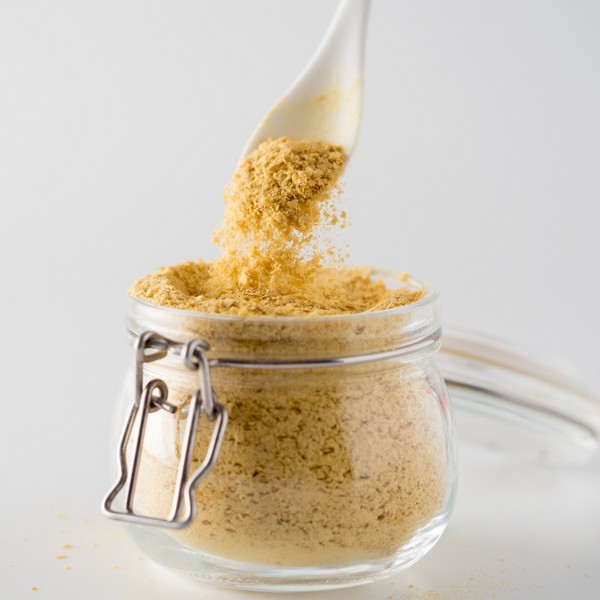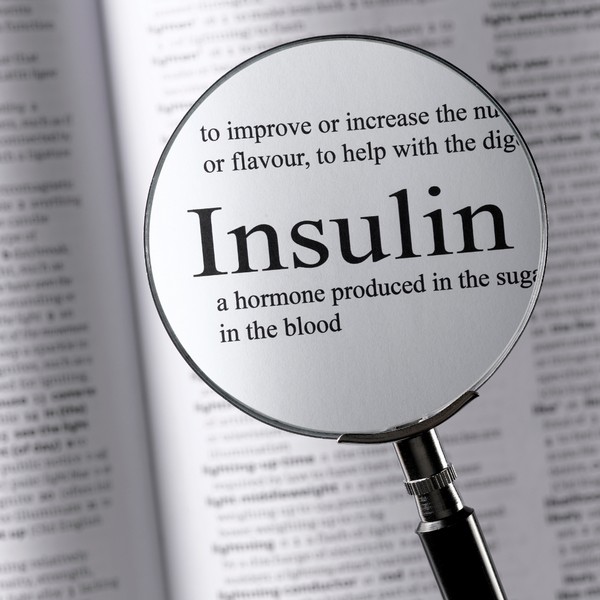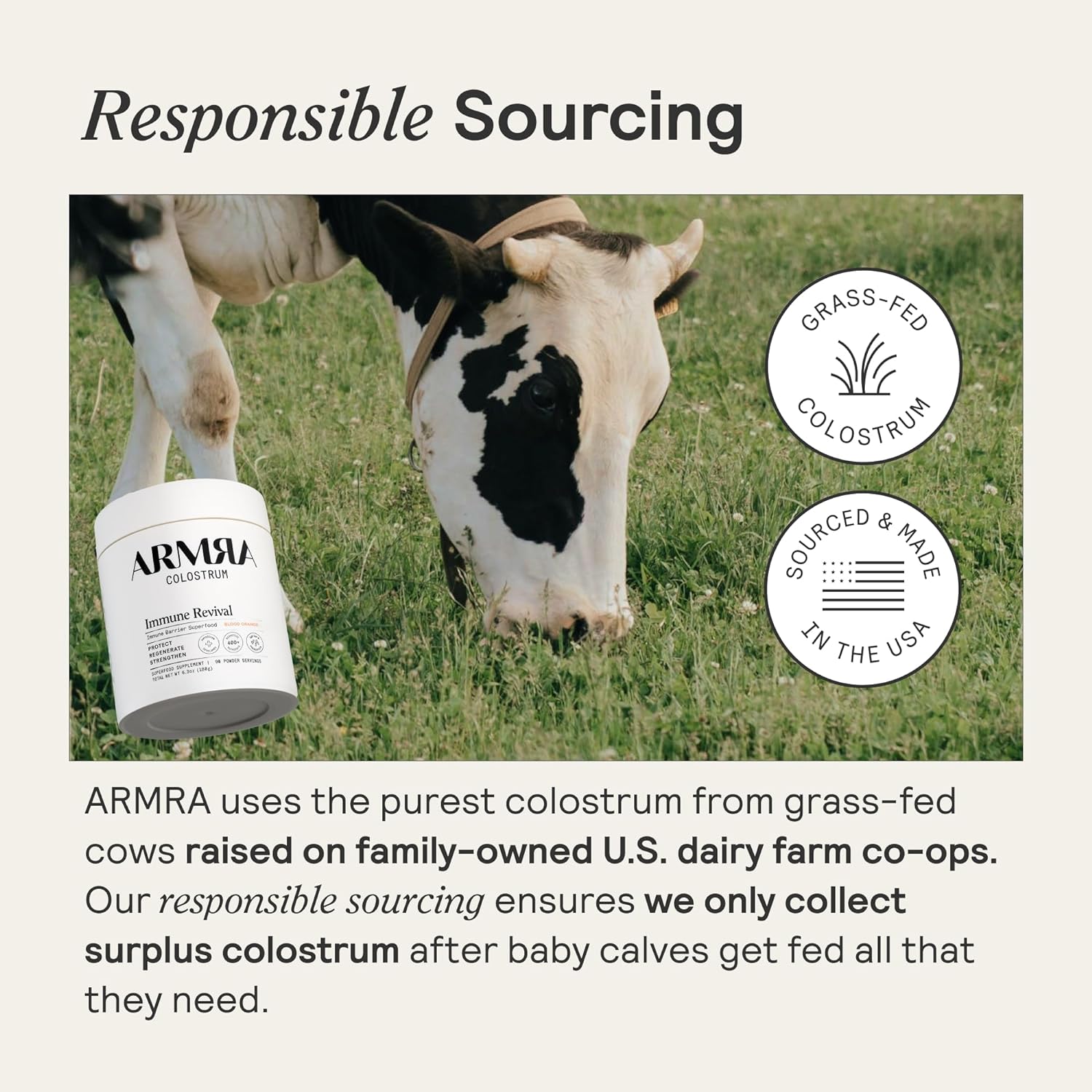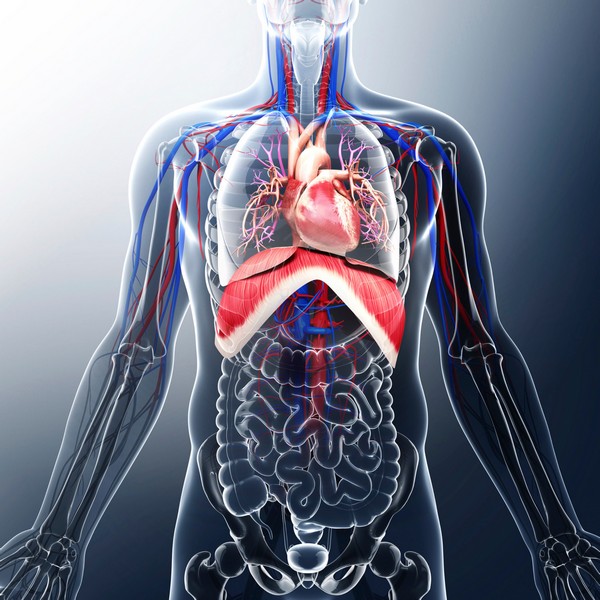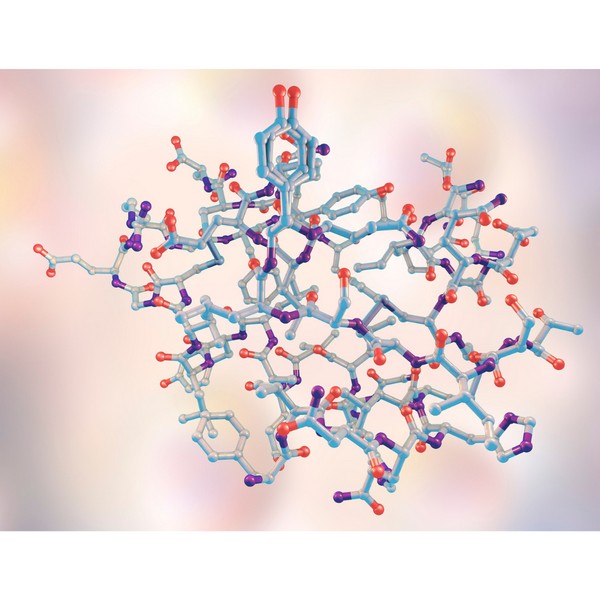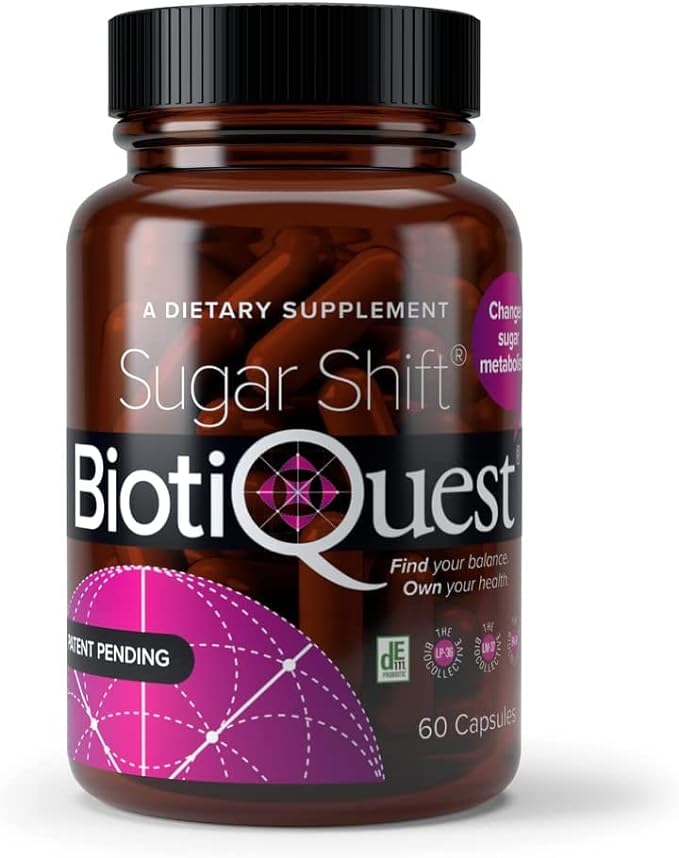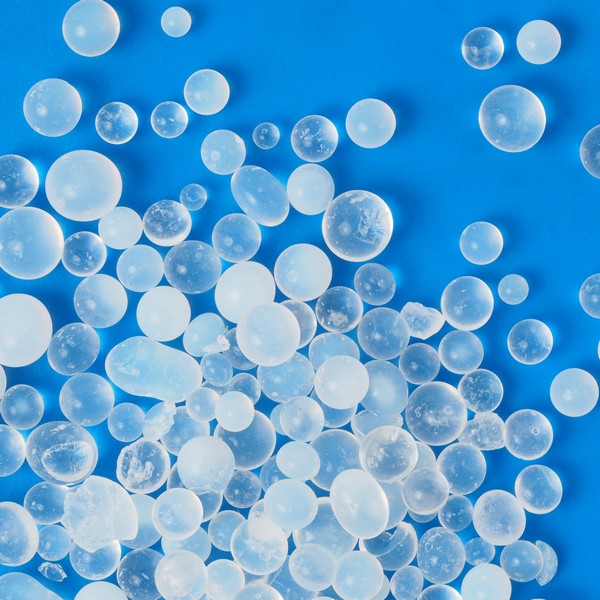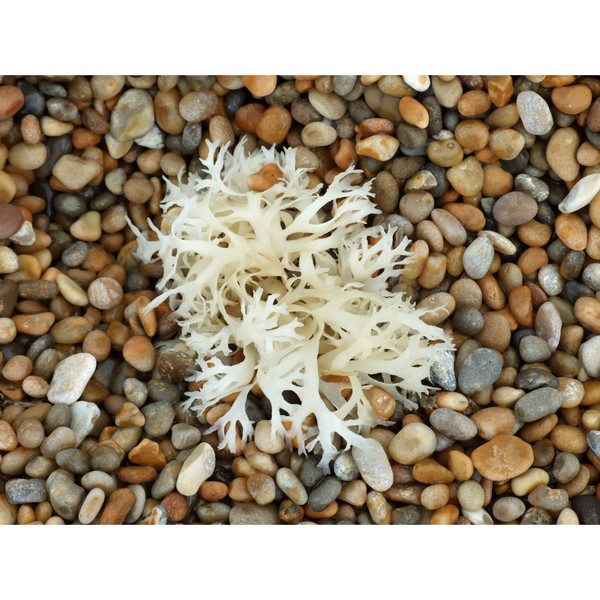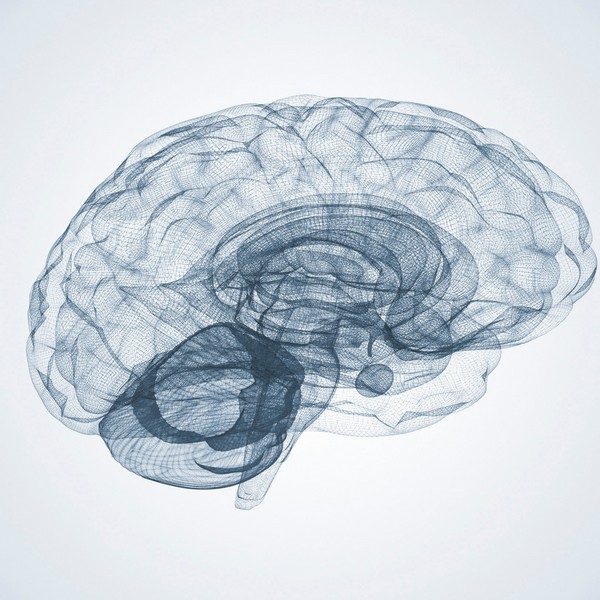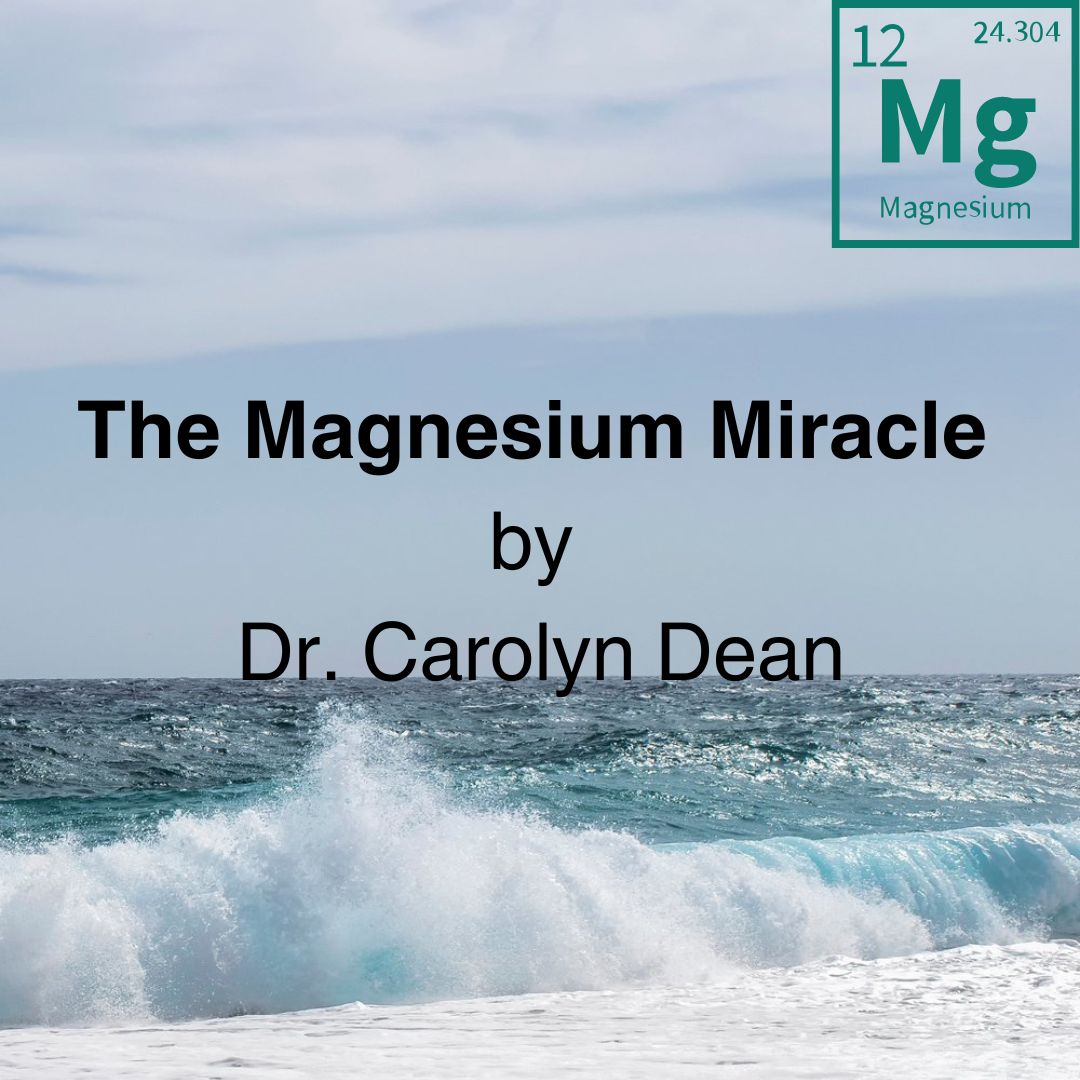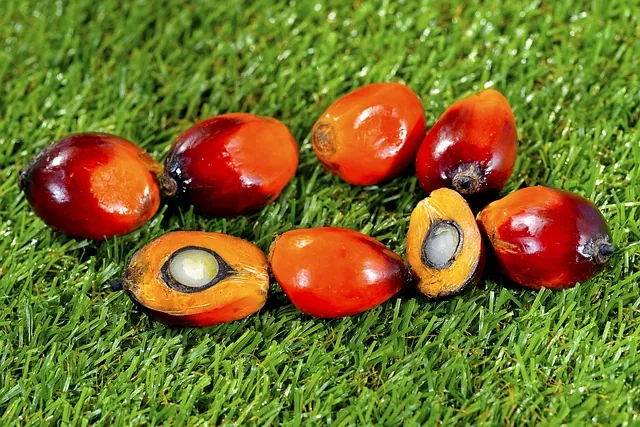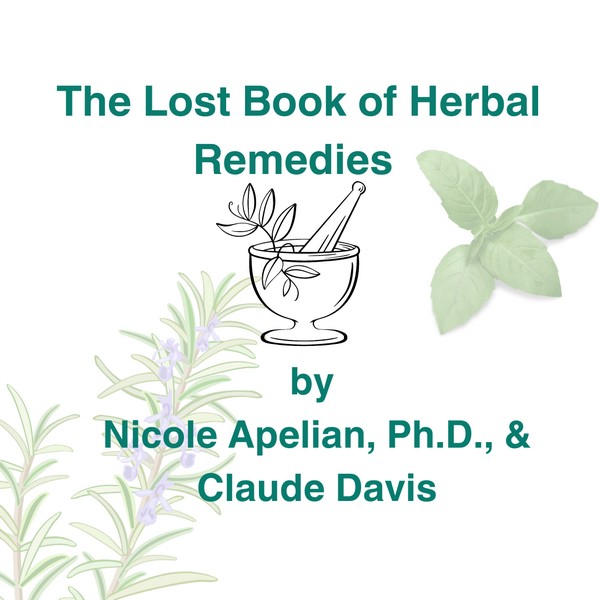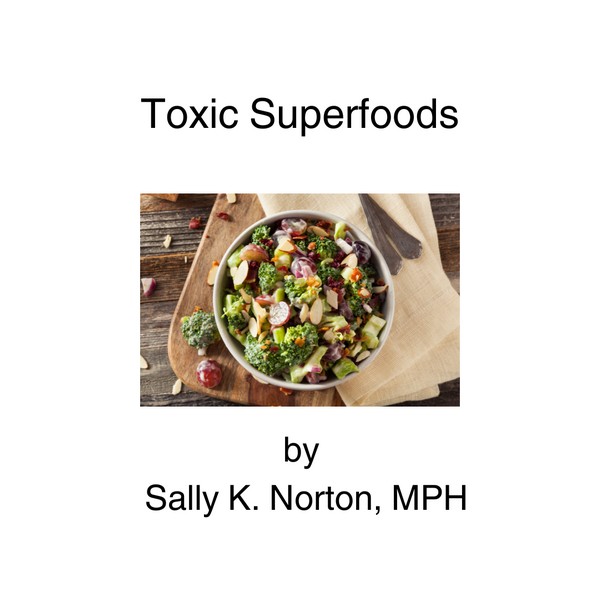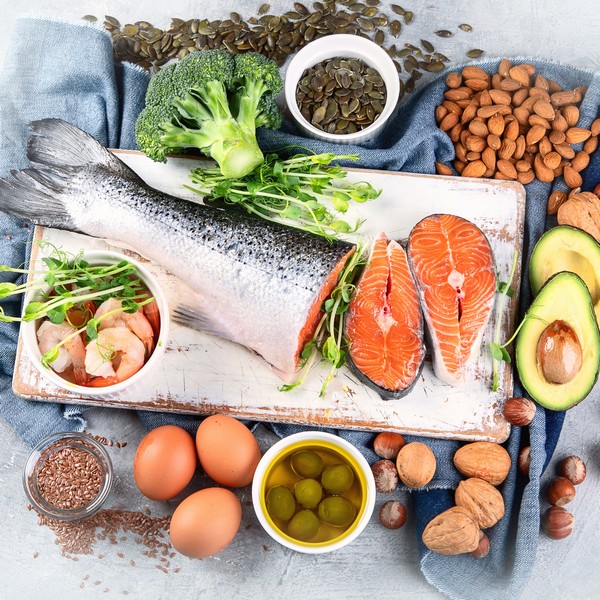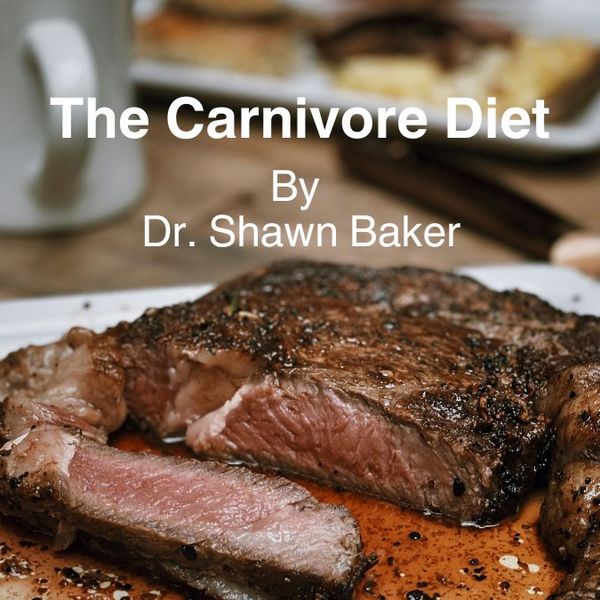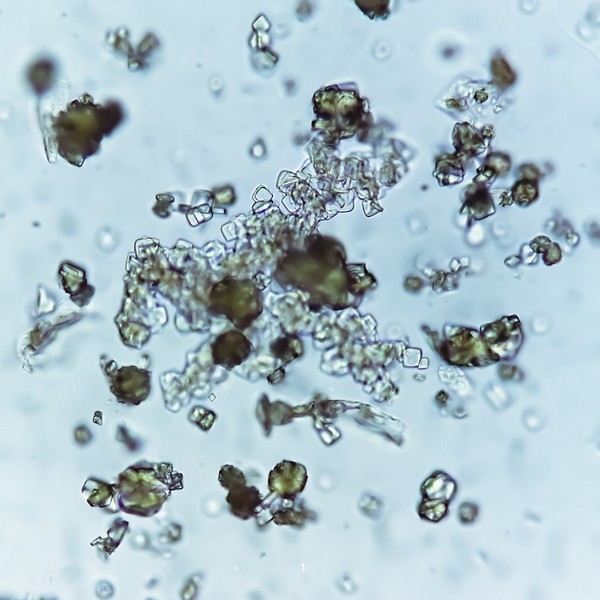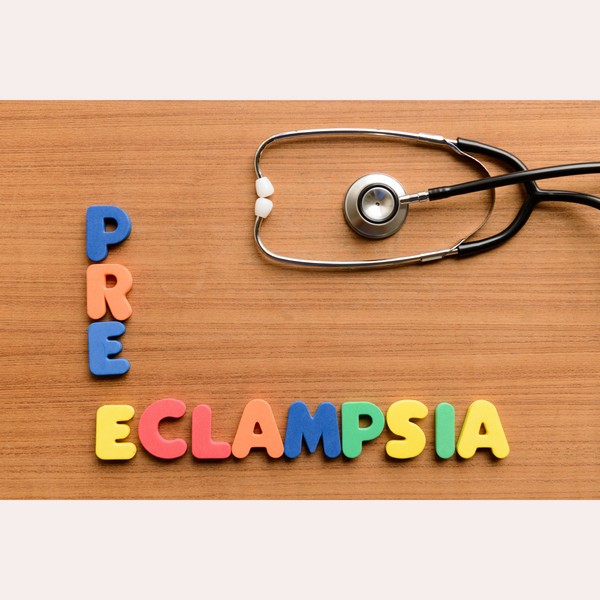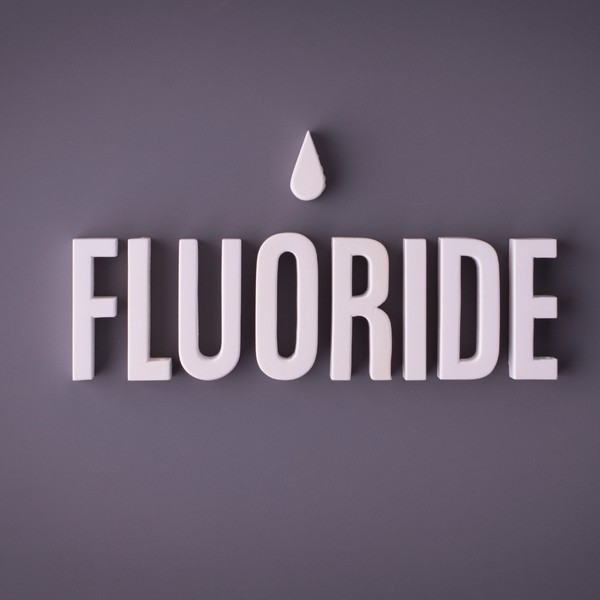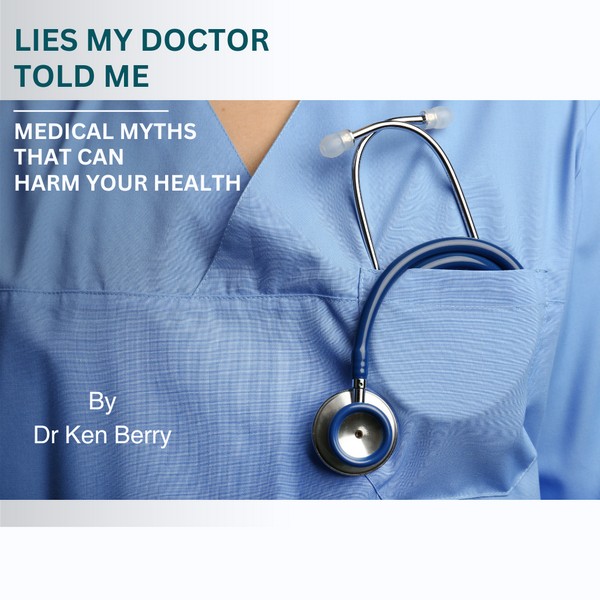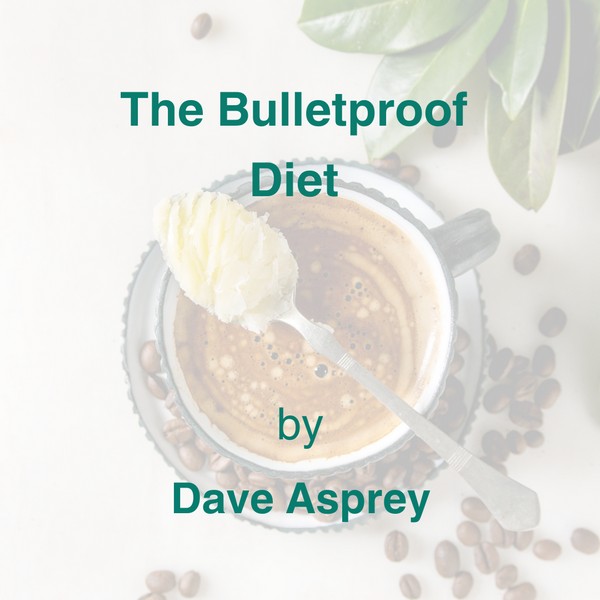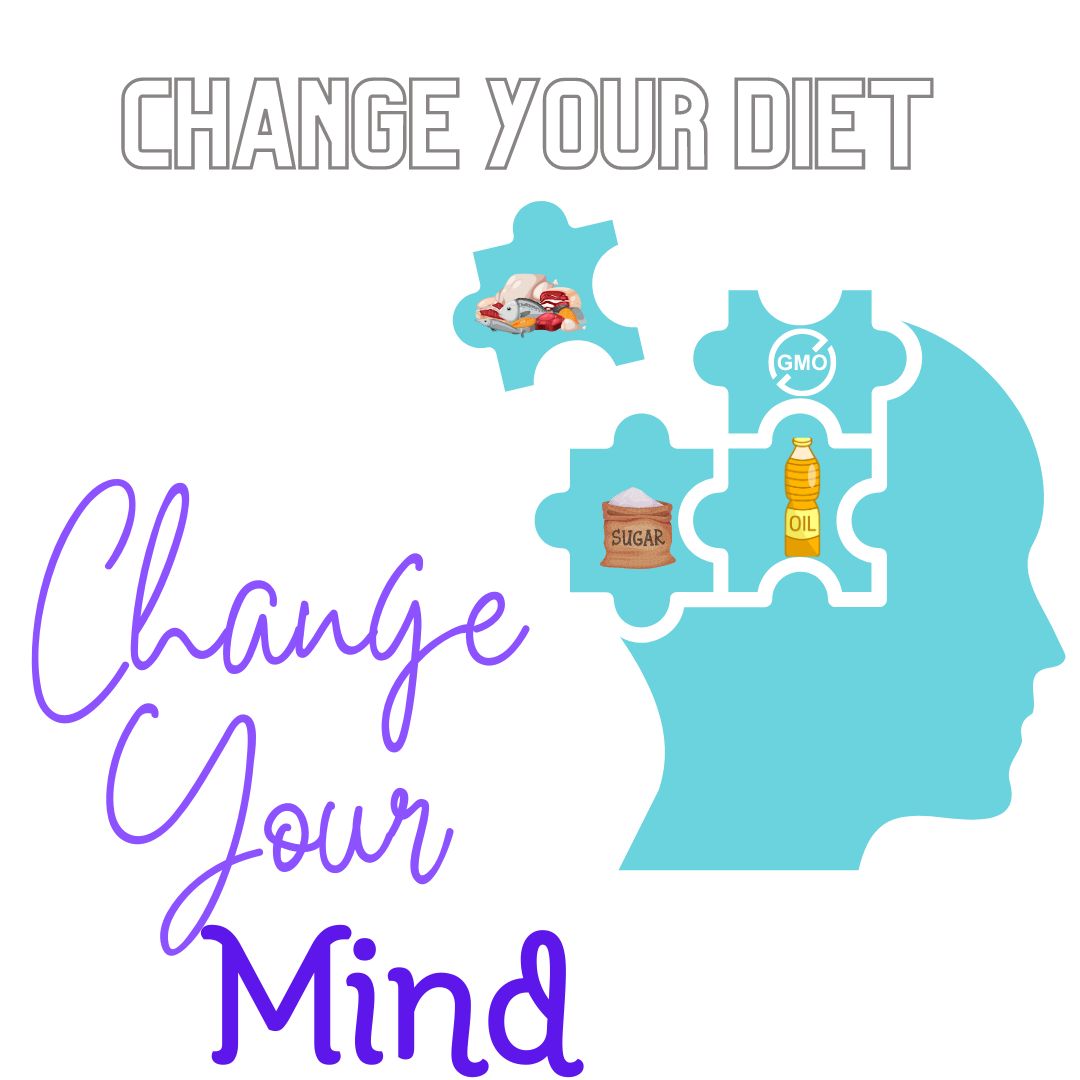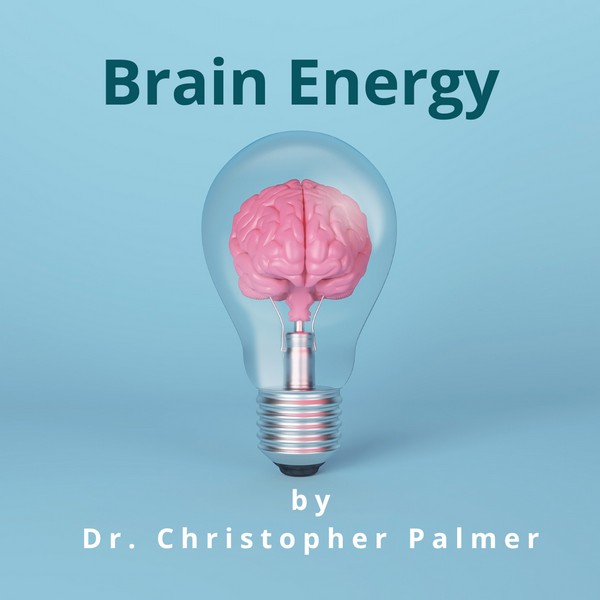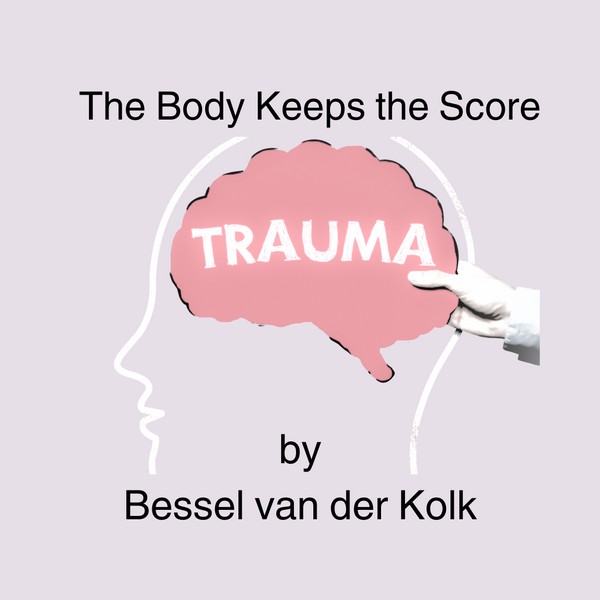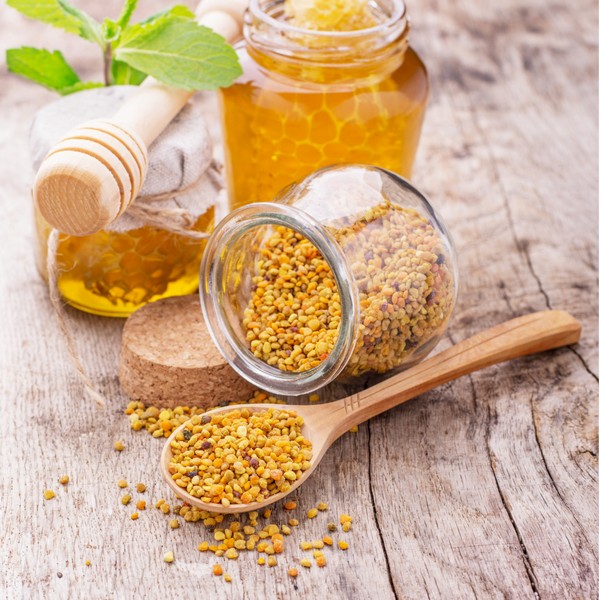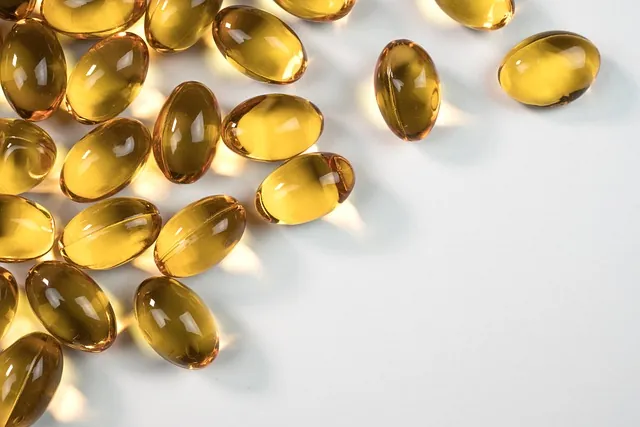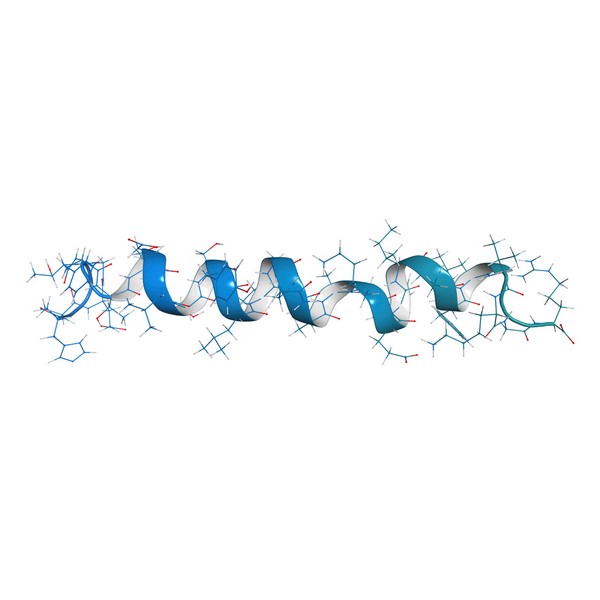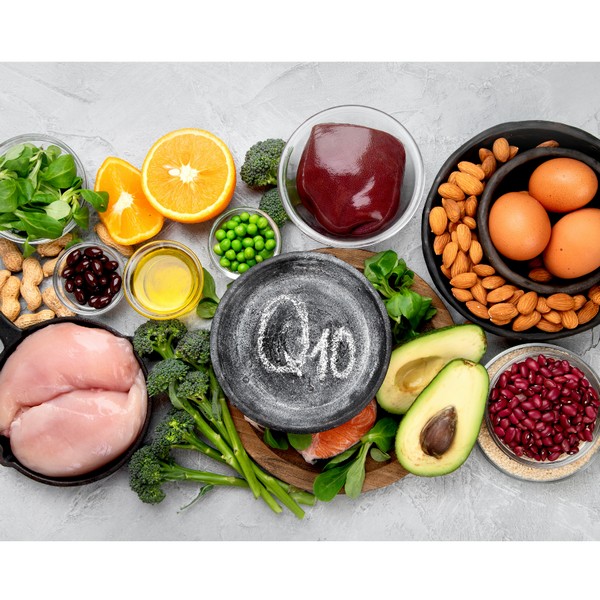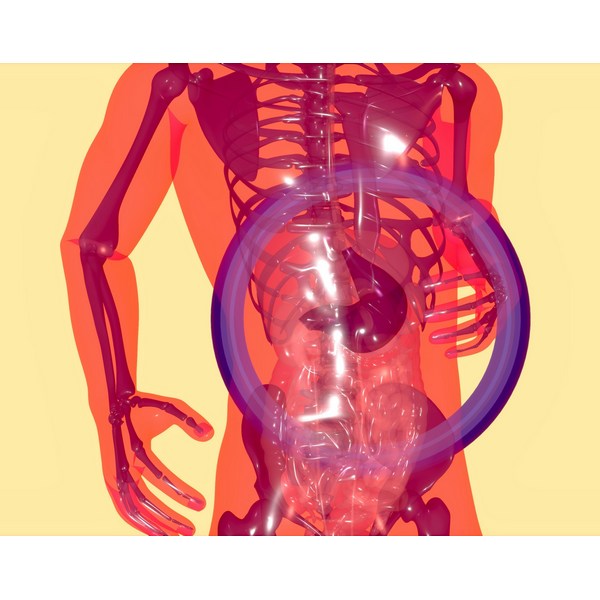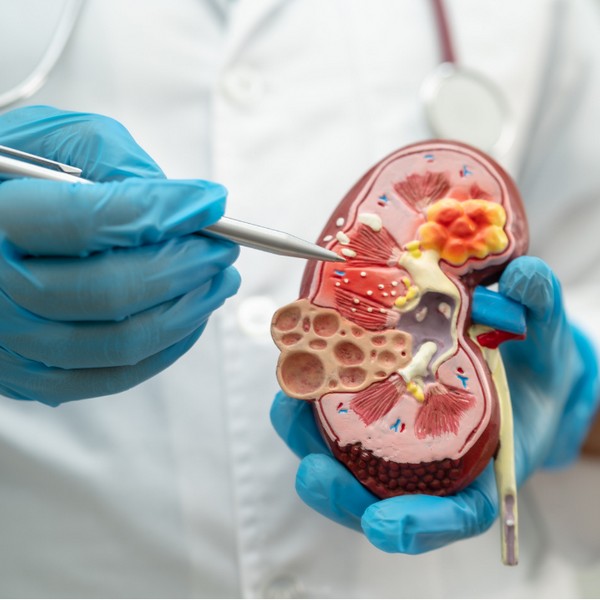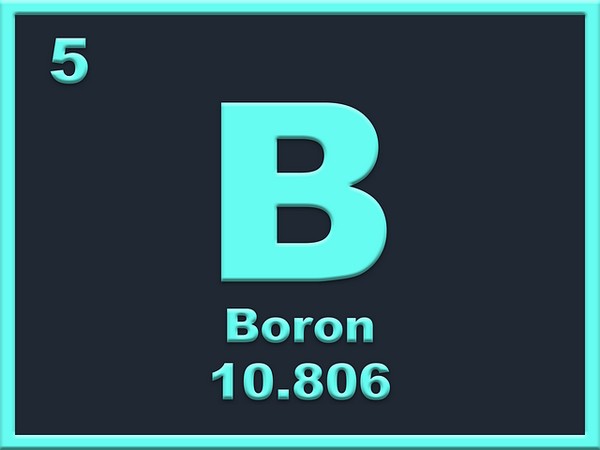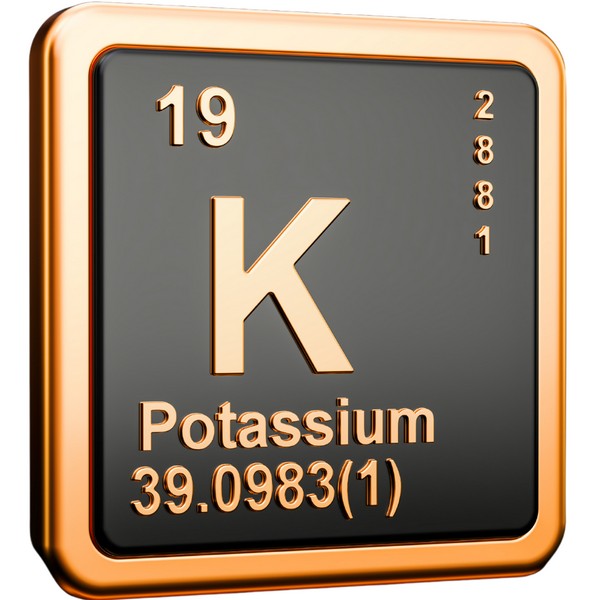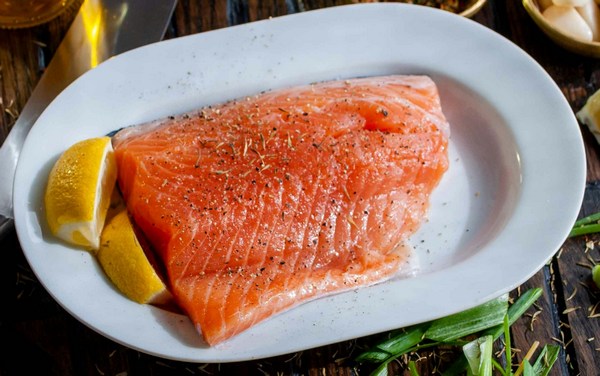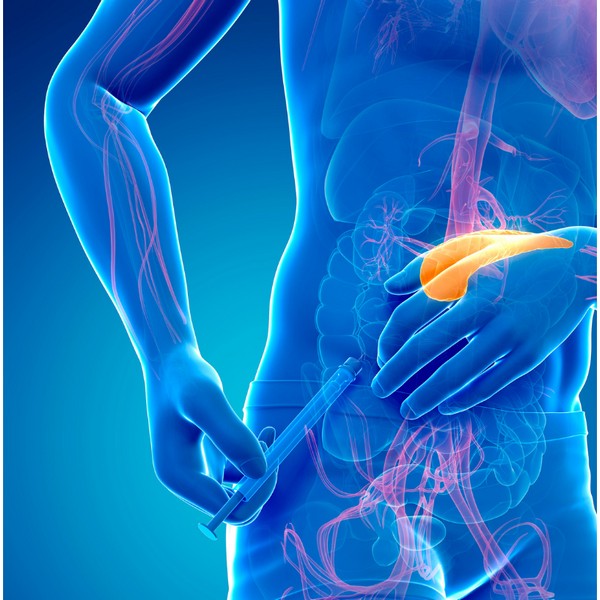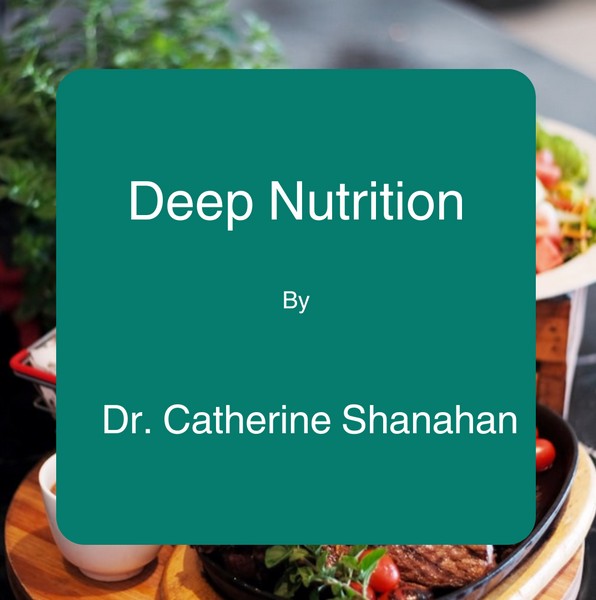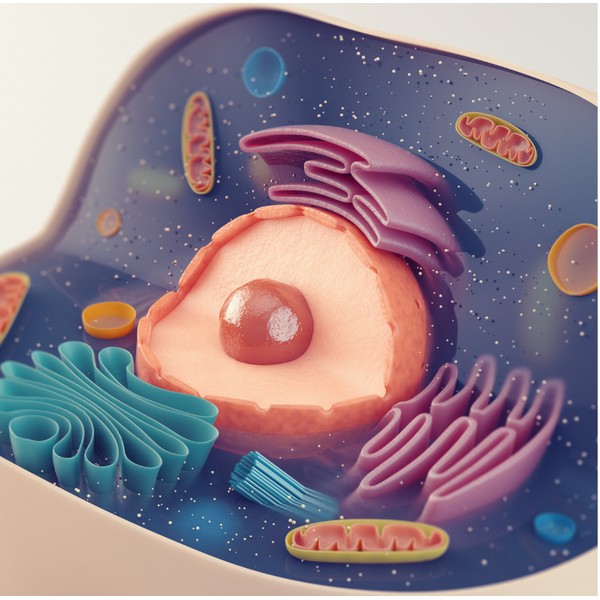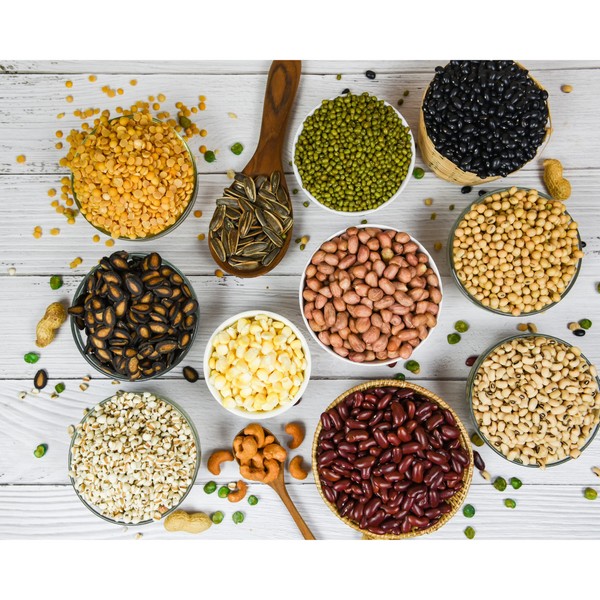Key Takeaways
– Artificial sweeteners may disrupt gut microbiome balance, impacting digestion and immune health.
– These sweeteners can interfere with natural metabolism, leading to insulin resistance.
– Some studies link artificial sweeteners to increased cravings and weight gain over time.
– Long-term use may be associated with potential cancer and neurological risks.
– Regular consumption might lead to headaches, mood shifts, and other neurological effects.
Introduction
Artificial sweeteners, often marketed as healthier alternatives to sugar, have become popular due to their low-calorie appeal.
They are found in countless products, from diet sodas to sugar-free candies, and are frequently used by individuals aiming to reduce sugar intake.
However, there are growing concerns over the health effects of these substitutes. Many studies suggest artificial sweeteners may pose risks to overall health, especially with frequent and long-term use.

How Artificial Sweeteners Affect the Body
Disruption of Gut Health
Artificial sweeteners can alter the composition of gut microbiota, the community of bacteria in the digestive system that plays a critical role in digestion and immune health.
Certain sweeteners, such as saccharin, have been shown to disrupt the microbiome balance, potentially leading to digestive issues like bloating, gas, and even more chronic conditions like irritable bowel syndrome (IBS).
These disruptions can weaken immune function and may contribute to other health problems over time.
Impact on Metabolism and Blood Sugar Regulation
While artificial sweeteners are often chosen to avoid sugar spikes, research indicates they may still impact metabolism.
Studies suggest that these substitutes can interfere with the body’s natural ability to regulate insulin, potentially leading to insulin resistance.
Over time, this may increase the risk of metabolic disorders, including type 2 diabetes, despite the lack of actual sugar in these products.
Neurological & Cognitive Risks

Possible Cancer Risk
Certain artificial sweeteners have been linked to cancer in animal studies, and while human research is still ongoing, some findings are concerning.
For instance, aspartame and sucralose have been scrutinized for their potential carcinogenic effects, particularly at high doses.
The World Health Organization recently classified aspartame as a possible carcinogen, although this remains a topic of debate and study within the scientific community.
Neurological Effects and Mood Changes
Artificial sweeteners can also affect neurological health. Some individuals report experiencing headaches, dizziness, or mood changes, especially with frequent use of products containing aspartame.
These effects may stem from how certain sweeteners interact with neurotransmitter pathways, potentially influencing mood stability, anxiety levels, and overall cognitive function.
Weight Gain & Increased Cravings
Disrupted Satiety Signals
Ironically, artificial sweeteners are often associated with weight gain rather than weight loss. Some research suggests that they may disrupt the body’s satiety signals, leading people to eat more.
This happens because these sweeteners do not fully satisfy the body’s craving for real sugar, potentially causing an increase in food intake.
Enhanced Cravings for Sweets
Another issue with artificial sweeteners is their impact on cravings. They can encourage a preference for sweet flavors, keeping cravings high rather than reducing them.
This can lead to a cycle of dependency, making it harder for people to wean off sugary and artificially sweetened foods over time, ultimately undermining health and weight goals.
Long-Term Health Risks & Chronic Conditions

Risk of Cardiovascular Issues
Artificial sweeteners have been linked to cardiovascular concerns. Some studies have shown that frequent consumption is associated with higher risks of hypertension, heart disease, and stroke.
Though more research is needed to understand these connections fully, there is enough evidence to suggest caution, especially for individuals with existing heart conditions.
Other Potential Health Concerns
Beyond the more well-documented risks, there are also concerns about how artificial sweeteners may impact kidney and liver health.
Since these organs play roles in processing artificial substances, prolonged intake may add stress to them, leading to potential long-term harm, especially for individuals with pre-existing kidney or liver issues.
Common Artificial Sweeteners
Aspartame
Aspartame is one of the most widely used artificial sweeteners and is frequently found in diet sodas. Studies have raised concerns over its effects on cognitive function, headaches, and, in some research, cancer risk.
Sucralose
Sucralose, marketed as a heat-stable sweetener, is popular in baking and cooking. However, it has been shown to affect insulin response and may alter gut health when consumed in large amounts.
Saccharin
Saccharin, one of the oldest artificial sweeteners, has been linked to potential cancer risks in animal studies, although its effects on humans are less clear. It is also known to affect gut bacteria negatively.
Alternative Sweeteners
Natural Sweeteners
Natural sweeteners like stevia, monk fruit, and raw honey offer alternatives that don’t come with the same risks. They are minimally processed and often have additional nutrients, unlike their artificial counterparts.
Allulose is a rare, naturally occurring sugar found in small amounts in fruits like figs and raisins. It tastes sweet like regular sugar but contains significantly fewer calories and has a minimal impact on blood sugar levels.
Allulose is classified as a “rare sugar” because it is not widely found in nature. Its unique structure prevents the body from fully metabolizing it, making it a popular choice for low-calorie and low-carb diets.
Commercial allulose is typically made through enzymatic conversion of carbohydrates. Unlike some artificial sweeteners, it doesn’t have a bitter aftertaste, making it an appealing alternative in various foods and beverages.
Gundry MD
Allulose
- Zero calories and net carbs, mimicking the taste and texture of sugar.
- Derived from fruits like dates and figs, offering a natural, guilt-free sweetness.
- Contains no artificial flavors, colors, or preservatives.
- Versatile use in baking, cooking, and beverages.
- White powdered form, similar in texture and flavor to cane sugar.
Reducing Sweetness Dependency
One effective way to avoid the need for artificial sweeteners is to gradually reduce your overall preference for sweet foods.
Reducing sweeteners over time can help reset taste buds, making it easier to enjoy foods without added sweetness and lowering the overall risk associated with these substitutes.
Conclusion
Artificial sweeteners may offer a low-calorie option to replace sugar, but they come with a variety of health risks. From potential impacts on metabolism and gut health to increased cravings and neurological effects, these substitutes may not be as harmless as they appear. Choosing natural sweeteners or adjusting dietary habits to minimize sweetness altogether may be better options for long-term health.
FAQs
Are artificial sweeteners safe for long-term use?
Research suggests that long-term use can lead to potential health risks, especially with frequent and high doses.
Do artificial sweeteners cause cancer?
Certain studies link specific artificial sweeteners, like aspartame, to cancer risk, but human research is ongoing and inconclusive.
Can artificial sweeteners cause digestive issues?
Yes, they may disrupt gut microbiome balance, leading to digestive issues like bloating and IBS symptoms.
Are natural sweeteners a healthier alternative?
Natural sweeteners like stevia and monk fruit are generally considered safer and often have fewer adverse health effects.
Research
Alahmed, A.M., Shokri, M.E.M. and Ayidh, F.A.N., 2017. Effect of Artificial Sweets on Neurologic Disorders. The Egyptian Journal of Hospital Medicine, [online] 69(7), pp.2783–2787.
https://doi.org/10.12816/0042565.
Bandyopadhyay, A., Ghoshal, S. and Mukherjee, A., 2008. Genotoxicity Testing of Low-Calorie Sweeteners: Aspartame, Acesulfame-K, and Saccharin. Drug and Chemical Toxicology, [online] 31(4), pp.447–457. https://doi.org/10.1080/01480540802390270.
Brown, R.J., de Banate, M.A. and Rother, K.I., 2010. Artificial Sweeteners: A systematic review of metabolic effects in youth. International Journal of Pediatric Obesity, [online] 5(4), pp.305–312. https://doi.org/10.3109/17477160903497027.
Cantley, L.C., 2014. Cancer, metabolism, fructose, artificial sweeteners, and going cold turkey on sugar. BMC Biology, [online] 12(1). https://doi.org/10.1186/1741-7007-12-8.
Debras C, Chazelas E, Srour B, Druesne-Pecollo N, Esseddik Y, Szabo de Edelenyi F, Agaësse C, De Sa A, Lutchia R, Gigandet S, Huybrechts I, Julia C, Kesse-Guyot E, Allès B, Andreeva VA, Galan P, Hercberg S, Deschasaux-Tanguy M, Touvier M. Artificial sweeteners and cancer risk: Results from the NutriNet-Santé population-based cohort study. PLoS Med. 2022 Mar 24;19(3):e1003950. doi: 10.1371/journal.pmed.1003950. PMID: 35324894; PMCID: PMC8946744.
Fagherazzi, G., Gusto, G., Affret, A., Mancini, F.R., Dow, C., Balkau, B., Clavel-Chapelon, F., Bonnet, F. and Boutron-Ruault, M.-C., 2017. Chronic Consumption of Artificial Sweetener in Packets or Tablets and Type 2 Diabetes Risk: Evidence from the E3N-European Prospective Investigation into Cancer and Nutrition Study. Annals of Nutrition and Metabolism, [online] 70(1), pp.51–58. https://doi.org/10.1159/000458769.
Frisch, S. (2016). Artificial Sweeteners and Weight Gain: Fighting or Feeding the Obesity Epidemic?. The Science Journal of the Lander College of Arts and Sciences, 9(2). Retrieved from https://touroscholar.touro.edu/sjlcas/vol9/iss2/9.
Haase, L., Cerf-Ducastel, B., & Murphy, C. (2009). Cortical activation in response to pure taste stimuli during the physiological states of hunger and satiety. NeuroImage, 44(3), 1008-1021. https://doi.org/10.1016/j.neuroimage.2008.09.044.
Harpaz, D., Yeo, L.P., Cecchini, F., Koon, T.H.P., Kushmaro, A., Tok, A.I.Y., Marks, R.S. and Eltzov, E., 2018. Measuring Artificial Sweeteners Toxicity Using a Bioluminescent Bacterial Panel. Molecules, [online] 23(10), p.2454. https://doi.org/10.3390/molecules23102454.
Kessler R. WATER TREATMENT: Sweeteners Persist in Waterways. Environ Health Perspect. 2009 Oct;117(10):A438. PMCID: PMC2897219.
Ludwig, David S. “Are Artificial Sweeteners A Good Alternative to Sugar?.” Harvard Health Letter 37.2 (2011): 1. Academic Search Complete. Web. 06 Nov. 2024. https://www.health.harvard.edu/staying-healthy/are-artificial-sweeteners-a-good-alternative-to-sugar
Luo, J., Zhang, Q., Cao, M., Wu, L., Cao, J., Fang, F., Li, C., Xue, Z., & Feng, Q. (2019). Ecotoxicity and environmental fates of newly recognized contaminants-artificial sweeteners: A review. Science of The Total Environment, 653, 1149-1160. https://doi.org/10.1016/j.scitotenv.2018.10.445.
Mercola, Dr.. "The Difference Between Natural and Artificial Sweeteners." The 4 Best, and 3 Worst, Sweeteners to Have in Your Kitchen. Mercola, 08 Oct 2011. Web. 06 Nov 2024. https://articles.mercola.com/sites/articles/archive/2011/10/08/the-4-best-and-3-worst-sweeteners-to-have-in-your-kitchen.aspx
Mercola, J., 2006. Sweet Deception: Why Splenda, Nutrasweet, and the FDA may be hazardous to your health. Thomas Nelson.
MERCOLA, D., Artificial Sweeteners: More Sour than You Ever Imagined. https://articles.mercola.com/sites/articles/archive/2009/10/13/artificial-sweeteners-more-dangerous-than-you-ever-imagined.aspx
More, T.A., Shaikh, Z. and Ali, A., 2021. Artificial Sweeteners and their Health Implications: A Review. Biosciences Biotechnology Research Asia, [online] 18(2), pp.227–237. https://doi.org/10.13005/bbra/2910.
Pang, M. D., Goossens, G. H., & Blaak, E. E. (2021). The Impact of Artificial Sweeteners on Body Weight Control and Glucose Homeostasis. Frontiers in Nutrition, 7, 598340. https://doi.org/10.3389/fnut.2020.598340.
Patterson-Neubert, Amy. "Study: Artificial Sweetener May Disrupt Bod'ys Ability to Count Calories." Purdue News. Purdue University, 29 Jun 2004. Web. 06 Nov 2024. http://www.purdue.edu/uns/html4ever/2004/040629.Swithers.research.html.
Schiffman SS, Rother KI. Sucralose, a synthetic organochlorine sweetener: overview of biological issues. J Toxicol Environ Health B Crit Rev. 2013;16(7):399-451. doi: 10.1080/10937404.2013.842523. PMID: 24219506; PMCID: PMC3856475.
Suez, J., Korem, T., Zeevi, D., Thaiss, C. A., Maza, O., Israeli, D., Zmora, N., Gilad, S., Weinberger, A., Kuperman, Y., Harmelin, A., Shapiro, H., Halpern, Z., Segal, E., & Elinav, E. (2014). Artificial sweeteners induce glucose intolerance by altering the gut microbiota. Nature, 514(7521), 181-186. https://doi.org/10.1038/nature13793.
Sykes, M., 2015. THE ASPARTAME CONTROVERSY OF 1981 The Hidden Truth Behind the Not-So-Sweet Artificial Sweetene. The Virginia Tech Undergraduate Historical Review, [online] 4(0).
https://doi.org/10.21061/vtuhr.v4i0.33.
Yang Q. Gain weight by "going diet?" Artificial sweeteners and the neurobiology of sugar cravings: Neuroscience 2010. Yale J Biol Med. 2010 Jun;83(2):101-8. PMID: 20589192; PMCID: PMC2892765.
Zeynep, F. and Sifa, T., 2014. Determination of the effects of some artificial sweeteners on human peripheral lymphocytes using the comet assay. Journal of Toxicology and Environmental Health Sciences, [online] 6(8), pp.147–153. https://doi.org/10.5897/jtehs2014.0313.
The EWG Dirty Dozen: What You Need to Know
Key Takeaways The Dirty Dozen list highlights fruits and vegetables with the highest levels of pesticide residues. In 2024, strawberries, spinach, and kale top the…
Let’s Get Lost by Finn Beales
Key Takeaways Showcases breathtaking remote locations through striking photography. Finn Beales’ narrative style blends personal insights with vivid description. Emphasizes the raw, untouched beauty of…
Copper: Little-Known Health Benefits
Key Takeaways Copper is an essential trace mineral with benefits, including ceruloplasmin production, energy production and antioxidant properties. Copper is critical for brain health by…
Benefits of Nutritional Yeast
Key Takeaways Nutritional yeast is a rich source of vitamins and minerals. It supports immune function and promotes skin health. Its cheesy flavor makes it…
How Insulin Regulates Blood Sugar
Key Takeaways Insulin helps regulate blood sugar by moving glucose into cells. Imbalances in insulin levels can cause conditions like diabetes. Insulin resistance can lead…
Best Colostrum on the market
Why Sunlight is Essential for a Healthy Life
Key Takeaways Sunlight helps the body produce vitamin D, supporting bone health and immune function. Exposure to sunlight can improve mood and reduce symptoms of…
Lose Belly Fat: 17 Effective Tips Backed by Science
Key Highlights Increasing protein intake, with healthy fats, and consuming probiotics can help in losing belly fat. Managing stress levels, optimizing sleep quality, and eliminating…
Postbiotics: What They Are and Why They Are Important
Key Takeaways Postbiotics 101: They’re beneficial by-products from probiotics that consume prebiotics Boosts Immunity: Postbiotics sharpen your immune system, helping fight off pathogens and reducing…
Calcium Supplements: What You Need to Know
Key Takeaways Calcium supplements have been linked to heart disease and kidney stones. Excess calcium from supplements can lead to imbalances and health issues. Natural…
7 Simple Tips for Lowering Blood Pressure Naturally
Maintaining healthy blood pressure levels is essential for overall well-being, as high blood pressure can lead to serious health complications. However, it is possible to…
Homeostasis: The Key to Optimal Health and Functioning
Key Takeaways Homeostasis helps the body stay balanced for good health. Systems adjust constantly to changes in the environment. Disruptions in homeostasis can cause illness…
Alzheimer’s Disease: Symptoms, Causes, Treatment
Key Takeaways Alzheimer’s disease is a progressive neurodegenerative disorder affecting memory, thinking, and behavior. Oxidative stress, including from excess iron, plays a significant role in…
Bromate: Its Impact on Your Thyroid & Nervous System
Key Takeaways Bromate is a toxic byproduct from water disinfection, impacting thyroid and nervous system health. It interferes with iodine, leading to thyroid dysfunction and…
Boost Insulin Sensitivity Naturally
Key Takeaways Improving insulin sensitivity helps control blood sugar and reduces the risk of metabolic disorders. Regular physical activity enhances how cells respond to insulin….
Essential Foods for Skin Health
Key Highlights Tips for adding healthy fats into your diet and simple meal planning for skin health. Address common concerns about dairy and acne, and…
9 Best Cutting Supplements for a Shredded Physique
Key Highlights Pay attention to ingredients and their benefits, as well as select high-quality supplements through extensive research. Whey Protein Isolate, Essential Amino Acids, and…
Parkinson’s Disease : Symptoms, Causes & Treatment
Key Takeaways Parkinson’s disease is a progressive neurological disorder that affects movement and coordination. Oxidative stress and excess iron are significant factors in the progression…
13 Most Dangerous Foods Revealed
Key Highlights Fugu, or pufferfish, is one of the most poisonous foods in the world, with its organs containing a neurotoxin that can paralyze motor…
Don’t Believe Everything You Think by Joseph Nguyen
Key Takeaways Challenges the validity of common cognitive distortions, prompting critical self-reflection. Offers practical strategies to build and enhance mental resilience in daily life. Encourages…
Generations by Jean M. Twenge
Key Takeaways: Jean M. Twenge explores the unique characteristics of six American generations. Analyzes data from 39 million people to show the impact of technology…
6 Best Natural Ways to Manage Your Blood Sugar: A Quick & Easy Guide
1. Intermittent fasting2. Exercise3. Dietary fiber4. Sleep5. Weight loss6. SupplementationBioclinic NaturalsPGX BiotiquestSugar Shift Every time you eat it, it’s plotting something sinister. Sugar isn’t as…
Signs of Diabetes: Recognizing the Red Flags
Key Takeaways Increased Thirst and Urination: High blood sugar leads to dehydration, causing excessive thirst and frequent urination. Unexplained Weight Loss: Diabetes can cause the…
Eggs: A Comprehensive Guide
Key Highlights Eggs are a nutritional powerhouse, containing all the essential vitamins and minerals needed for overall health. Vital role in a balanced diet, providing…
Breast Milk or Formula: Which Is Healthier for Your Baby?
Key Highlights Breast milk is ideal for infants, offering essential nutrients, cognitive development support, and immune strengthening. Breastfeeding benefits both baby and mother, reducing the…
Sustainable Eco-Tourism: Why It Matters
Key Highlights Promotes conservation and eco-friendly travel to preserve natural habitats. Creates jobs and supports local economies. Preserves indigenous cultures and traditions. Encourages eco-friendly accommodations…
Melatonin: Functions and Benefits
Key Takeaways Melatonin helps regulate sleep-wake cycles, signaling the body to rest as it gets dark. It acts as an antioxidant, protecting cells from damage….
Childbirth Preparation: Steps for a Smooth Delivery
Key Takeaways Having a solid support system can ease the physical and emotional challenges of labor. Proper nutrition and regular exercise prepare your body for…
Sugar Shift: Transform Your Gut Health
Silica: for Healthier Skin, Hair, and Nails
Key Takeaways: Silica supports strong and healthy skin, hair, and nails. It promotes bone health by boosting collagen production. Silica helps improve joint flexibility and…
Triglycerides: Levels & Range Explained
Key Highlights Triglycerides are the most common form of fat in the body play a role in energy storage High levels of triglycerides can increase…
Benefits of Sea Moss Explained
Key Takeaways Rich in Nutrients: Sea moss is packed with essential vitamins, minerals, and antioxidants, supporting overall health and wellness. Supports Immune Function: Its high…
Healthy Fat: is Butter Better?
Key Takeaways Saturated fats, like those found in butter, may not be as harmful as once thought and can be part of a healthy diet….
Sunburn Prevention: Holistic and Natural Approaches
Key Takeaways A poor diet increases the risk of sunburn and skin damage. Short, regular sun exposure reduces the risk of sunburn. Early morning and…
Actual Superfoods: Real Foods You Should Be Eating
Key Takeaways Superfoods are nutrient-dense foods, offering essential vitamins, minerals, and fats. Prioritize high-quality sources for optimal nutrition. They support overall health, boost energy, and…
GABA (gamma-aminobutyric acid)
Key Takeaways GABA is a neurotransmitter that helps calm the nervous system. Low GABA levels can lead to anxiety, stress, and sleep problems. Natural precursors…
Metabolic Health: What It Means and How to Improve It
Key Takeaways Metabolic health reflects how well your body processes energy and maintains stable blood sugar, cholesterol, and blood pressure. Key indicators of metabolic health…
The Magnesium Miracle by Dr. Carolyn Dean
Key Takeaways Discusses magnesium’s critical role in health. Links magnesium deficiency to numerous diseases. Offers guidance on supplementation and diet. Examines overlooked symptoms of deficiency….
Are Energy Drinks Dangerous?
Key Takeaways: Caffeine is the most common stimulant in energy drinks. Sugar, though harmful, is widely used in energy drinks. Electrolytes help maintain hydration and…
Red Palm Oil: Unveiling The Potent Health Benefits
Struggling to find the right oil for your health and kitchen? Red palm oil is packed with nutrients that might just be what you need….
Alcohol and Its Effects
Key Takeaways Alcohol is metabolized primarily in the liver, producing acetaldehyde, a toxic byproduct. Chronic alcohol consumption leads to liver damage, including fatty liver, hepatitis,…
Emotional Freedom Technique (EFT): Tap to relieve stress
Key Highlights Learn about the origins and principles of Emotional Freedom Technique (EFT) for stress relief. Understand the science-backed mechanisms of how EFT works on…
Lost Book of Herbal Remedies by Nicole Apelian
Key Takeaways Details medicinal properties of common plants. Offers DIY instructions for natural remedies. Discusses plants for specific health issues. Encourages sustainable harvesting practices. Provides…
7 Physical Benefits of Gardening: Green Thumb, Healthy Heart
Key Highlights Gardening activities such as landscaping, planting, and maintaining plants can help reduce blood pressure and improve cardiovascular health. Regular gardening can help build…
Liver: 5 Surprising Benefits Backed by Science
Hold on! Don’t run away! You need to read this. Liver is a highly nutritious organ meat that is often overlooked in modern diets. Packed…
Fight, Flight, Freeze, Fawn: Stress Response Examined
Key Takeaways The stress response includes four primary reactions, each serving as a survival mechanism. The fight response involves confronting the threat, often with aggression…
Toxic Superfoods by Sally K. Norton
Key Takeaways Understanding Oxalates: Sources: Found in many plant foods, including spinach, almonds, and sweet potatoes. Health Impact: High oxalate intake can lead to kidney…
ALA vs. DHA & EPA Omega-3: Why Source Matters
Key Takeaways ALA (Alpha-Linolenic Acid) is found in flaxseeds, chia seeds, and walnuts, but converts poorly to DHA and EPA. DHA and EPA are critical…
The Carnivore Diet by Dr. Shawn Baker
Key Takeaways Promotes all-meat diet for health. Argues for benefits on inflammation and autoimmune issues. Critiques conventional dietary guidelines. Discusses impacts on physical performance. Challenges…
Gestational Diabetes Management: Expert Tips for Success
Key Highlights Gestational diabetes, marked by glucose intolerance during pregnancy, requires careful blood sugar control. A healthy pregnancy with gestational diabetes includes regular exercise, a…
Diabetes: Everything You Need to Know
Key Takeaways Type 1 and Type 2 diabetes involve insulin regulation issues, with Type 2 being the most common due to insulin resistance. Copper, retinol,…
7 Key Hormones for Fat Burning
Key Takeaways: Hormones play a key role in regulating fat mobilization and utilization in the body. Important hormones involved include insulin, glucagon, epinephrine, norepinephrine, cortisol,…
Natural Remedies for Common Ailments: From Headaches to Allergies
Key Takeaways The appeal of natural remedies lies in their holistic approach, fewer side effects, and environmental sustainability. Specific natural remedies can effectively alleviate common…
Spirulina: Health Benefits and Uses
Key Takeaways Spirulina boosts immune function with its high nutrient content and antioxidant properties. Rich in proteins and essential vitamins, enhances overall nutrition. Helps reduce…
Uric Acid: Effects & Management
Key Takeaways Uric acid plays a central role in metabolic health and oxidative stress regulation. Elevated uric acid levels are linked to gout, metabolic syndrome,…
Berberine Has 11 More Incredible Benefits Than You Thought
Berberine is a compound found in several plants that has been used for centuries in traditional Chinese medicine and Ayurveda. It has recently gained popularity…
DNA & Longevity: Can You Live to 200?
Key Takeaways: Longevity is shaped by a mix of genetics and lifestyle. Certain genes are linked to longer lifespans. Lifestyle choices can influence how long…
Pre-Eclampsia: Causes, Symptoms, and Treatment
Key Takeaways Pre-eclampsia involves high blood pressure and organ damage after 20 weeks of pregnancy. Early diagnosis through regular prenatal care is vital for managing…
Fluoride: Risks & Controversies
Key Takeaways Fluoride is widely used in dental products and water supplies, but its safety is debated. Overexposure to fluoride can lead to conditions like…
Lies My Doctor Told Me by Dr. Ken Berry
Key Takeaways Exposes common health myths. Offers evidence against outdated medical advice. Advocates for low-carb, high-fat diets. Encourages critical examination of pharmaceutical influence. Stresses on…
Does Grounding or Earthing Actually Work?
Key Takeaways Grounding involves direct physical contact with the earth, which may support overall health. Walking barefoot or using grounding mats can balance the body’s…
Cholesterol Misconceptions: Separating Fact from Fiction
Key Takeaways: High inflammation and blood pressure are major risk factors for heart disease. Cholesterol is vital for hormone production, cell membrane structure, and digestion,…
Vegetable Oil: Health Risks You Might Not Know
Key Takeaways: Omega-6 fats from vegetable oils cause oxidative stress and inflammation. Reducing omega-6 intake and using stable fats can lower health risks. High triglycerides…
Whole Food Vitamin C Complex: Expert Tips for Health
Key Highlights Whole food vitamin C complex is essential for a strong immune system and overall health. Unlike synthetic ascorbic acid, whole food vitamin C…
The Bulletproof Diet by Dave Asprey
The Bulletproof Diet is a nutrition and lifestyle book authored by Dave Asprey, the founder of the Bulletproof brand. This book outlines Asprey’s approach to…
The Complete Gardener by Monty Don
Key Takeaways Advocates for a no-dig gardening approach. Stresses on organic, self-sufficient methods. Covers both aesthetic and practical aspects. Provides tips for year-round garden care….
Explore the Hidden Health Benefits of Traveling
Key Highlights Traveling reduces stress and improves mental well-being. It enhances creativity by exposing you to new experiences. Traveling improves physical fitness through exploration and…
Change Your Diet, Change Your Mind by Dr. Georgia Ede
In the compelling book Change Your Diet, Change Your Mind, Dr. Georgia Ede challenges conventional wisdom about diet and mental health. Drawing on her extensive…
Inflammation: Causes & Effects
Key Takeaways Inflammation is the body’s response to injury or infection, but chronic inflammation can lead to health problems. Iron overload from artificial sources and…
7 Healthy Habits to Maintain While Traveling
Key Highlights Stay hydrated, eat well, and stay active during travel. Ensure restful sleep, practice stress reduction, and keep up with personal hygiene for well-being….
Carnivore Diet: Benefits, Risks, Food List & More
Key Takeaways The carnivore diet is a keto diet that only allows for animal-based foods, and has potential health benefits. Tips for success include hydrating,…
Brain Energy by Dr. Christopher Palmer
Key Takeaways Connects mental health with metabolic health. Proposes ketogenic diet for brain disorders. Discusses energy production’s role in mental health. Challenges traditional psychiatric approaches….
9 Vital Travel Tips for Pregnant Women
Key Takeaways Consult Your Doctor: Always discuss travel plans with your healthcare provider to ensure safety throughout your pregnancy. Pack Smart: Essential items for pregnant…
Daring Greatly by Brené Brown
Key Takeaways Power of Vulnerability: Emphasizes that vulnerability is not a weakness but a strength that fosters connection and creativity. Shame Resilience: Offers strategies to…
Vitamin E Complex
Key Takeaways Vitamin E is a powerful antioxidant that protects cells from oxidative damage, reducing the risk of chronic diseases. The vitamin E complex includes…
The Body Keeps the Score by Dr. Bessel van der Kolk
Key Takeaways Explores trauma’s impact on the body and mind. Advocates for integrating neuroscience with therapy. Highlights non-traditional healing methods like yoga. Stresses importance of…
Bee Pollen: Nature’s Secret Superfood
Key Takeaways Bee pollen is packed with essential nutrients and offers numerous health benefits. It supports immune function, boosts energy, and promotes overall well-being. Adding…
Oxidative Stress: Causes, Effects, Solutions
Key Takeaways Oxidative stress results from an imbalance between free radicals and antioxidants in the body, leading to cellular damage. Chronic oxidative stress contributes to…
How Cod Liver Oil Can Transform Your Health and Wellness
Cod liver oil has been used for centuries as a natural remedy for various health conditions. Packed with essential nutrients and fatty acids, cod liver…
Increase GLP-1 Agonists Naturally
Key Takeaways: GLP-1 agonists regulate appetite, insulin production, and blood sugar levels. Regular exercise and quality sleep maintain optimal GLP-1 levels. High-protein, low-carb diets effectively…
The Better Baby Book by Dr. Lana Asprey and Dave Asprey
Key Takeaways Focuses on optimal prenatal and early childhood health. Offers dietary recommendations for expecting mothers. Discusses environmental impacts on fetal development. Stresses importance of…
CoQ10: What Is It and Why Is It Important?
Key Takeaways CoQ10 (Coenzyme Q10) is an antioxidant produced by the body, essential for energy production in cells. Levels of CoQ10 naturally decrease with age…
Resistance Training 101: A Beginner’s Guide
Key Highlights Resistance training builds muscle strength and endurance. Utilizes equipment like free weights, bands, or body weight. Benefits include increased metabolism and improved bone…
TUDCA Benefits for Health
Key Takeaways TUDCA promotes liver health, aiding cell protection and repair. Enhances digestion by improving bile flow and supporting gut health. May protect brain health…
Chronic Kidney Disease (CKD): Causes & Treatment
Key Takeaways Ultra-processed foods and high carbohydrate intake worsen inflammation, harming kidney function. Iron overload leads to oxidative stress, which accelerates CKD progression. Copper is…
Boron: Benefits of a Lesser-Known Mineral
Key Takeaways Boron is a trace mineral with significant health benefits. It supports brain function, bone health, and hormonal balance. Understanding boron’s role can improve…
Minimalist Travel: Less Baggage, More Memories
Key Takeaways Learn to pack only essential items for any trip, keeping your luggage light. Enjoy the benefits of minimalist travel: less stress, more freedom,…
Potassium: Benefits & Sources
Key Takeaways Potassium is essential for regulating fluid balance, nerve signals, and muscle function. It supports heart health and helps maintain proper blood pressure. Adequate…
Medium Chain Triglycerides (MCTs): Uncovering 5 Health Benefits
This potent, natural source of energy has gained considerable attention in recent years for its impressive array of benefits. MCT oil is a versatile addition…
Allulose: The Best Sugar Alternative
Key Takeaways Allulose is a low-calorie sweetener found naturally in some fruits. It does not raise blood sugar levels, making it suitable for diabetics. Allulose…
5 Major Benefits of Omega-3 Fatty Acids
Key Takeaways Omega-3 fatty acids support heart health by reducing triglycerides and lowering blood pressure. They play an important role in brain function and development,…
Trimethylglycine TMG: Betaine Anhydrous Explained
Key Takeaways Betaine Anhydrous (TMG) is a compound found naturally in various foods and offers several health benefits. TMG supports liver health by reducing fatty…
Dementia: Causes, Symptoms, and Management
Key Takeaways: Dementia involves a decline in cognitive function affecting memory, thinking, and daily life. Common causes include genetic factors, aging, and certain medical conditions….
Insulin Resistance: What It Is & How to Manage It
Key Takeaways Insulin resistance leads to high blood sugar when cells stop responding to insulin. Often connected to obesity, poor diet, and physical inactivity. Symptoms…
Iron Overload: Symptoms & Prevention Tips
Key Takeaways: Iron overload happens when the body absorbs excessive iron, which can damage organs. Common symptoms include fatigue, joint pain, and skin changes. Early…
Deep Nutrition by Catherine Shanahan, M.D.
Key Takeaways Traditional diets positively influence genetic expression and overall health. Modern diets high in processed foods and vegetable oils negatively impact health. The Four…
The Randle Cycle: Glucose Fat Energy Dilemma
Key Takeaways The Randle Cycle explains how the body chooses between burning glucose and fatty acids for energy. Enzymes and hormones play a key role…
Hydration to Hyaluronic Acid: Journey to Dewy Skin
Key Highlights Proper hydration is essential for achieving radiant and healthy skin. Hyaluronic acid is a powerful humectant that helps retain moisture in the skin….
10 Must-Try Dry Skin Remedies
Key Highlights Aloe vera gel, coconut oil, oatmeal baths can moisturize and nourish dry skin. Olive oil, almond oil, and shea butter are excellent options…
Daring Greatly by Brené Brown
Key Takeaways Power of Vulnerability: Emphasizes that vulnerability is not a weakness but a strength…
Deep Nutrition by Catherine Shanahan, M.D.
Key Takeaways Traditional diets positively influence genetic expression and overall health. Modern diets high in…
Reduce Stress through Pet Therapy
Key Highlights Pet therapy, or animal-assisted therapy, boosts health. Interacting with animals lowers cortisol, blood…
Organic Gardening: Essential Tips for a Chemical-Free Garden
Key Highlights Natural Techniques: Use composting, companion planting, and beneficial insects for fertility and pest…
13 Most Dangerous Foods Revealed
Key Highlights Fugu, or pufferfish, is one of the most poisonous foods in the world,…
Autism: Causes, Symptoms, and Management
Key Takeaways Autism Spectrum Disorder (ASD) is a complex neurodevelopmental condition that varies widely in…
L-Carnitine: Benefits, Dosage, and Side Effects
Key Takeaways L-Carnitine supports fat metabolism and energy production. Benefits include enhanced exercise performance and…
Gestational Diabetes Management: Expert Tips for Success
Key Highlights Gestational diabetes, marked by glucose intolerance during pregnancy, requires careful blood sugar control….
Change Your Diet, Change Your Mind by Dr. Georgia Ede
In the compelling book Change Your Diet, Change Your Mind, Dr. Georgia Ede challenges conventional…
Grains & Legumes Secretly Harming Your Health? Find Out Now!
Key Takeaways: – Grains and legumes contain antinutrients like lectins and phytic acid, which can…
The Ministry of Time by Kaliane Bradley
Key Takeaways The Ministry of Time blends time travel romance, spy thriller, and workplace comedy….




